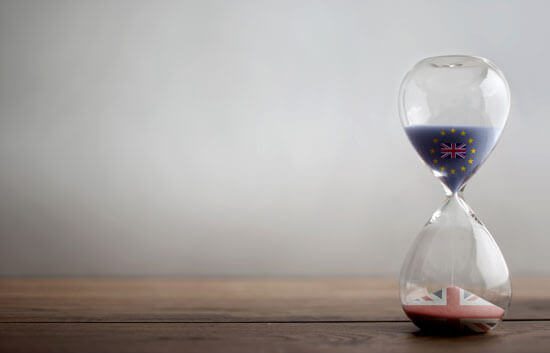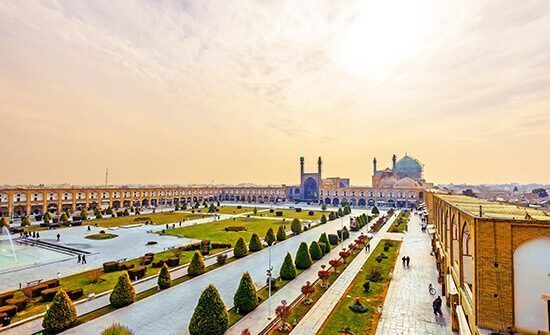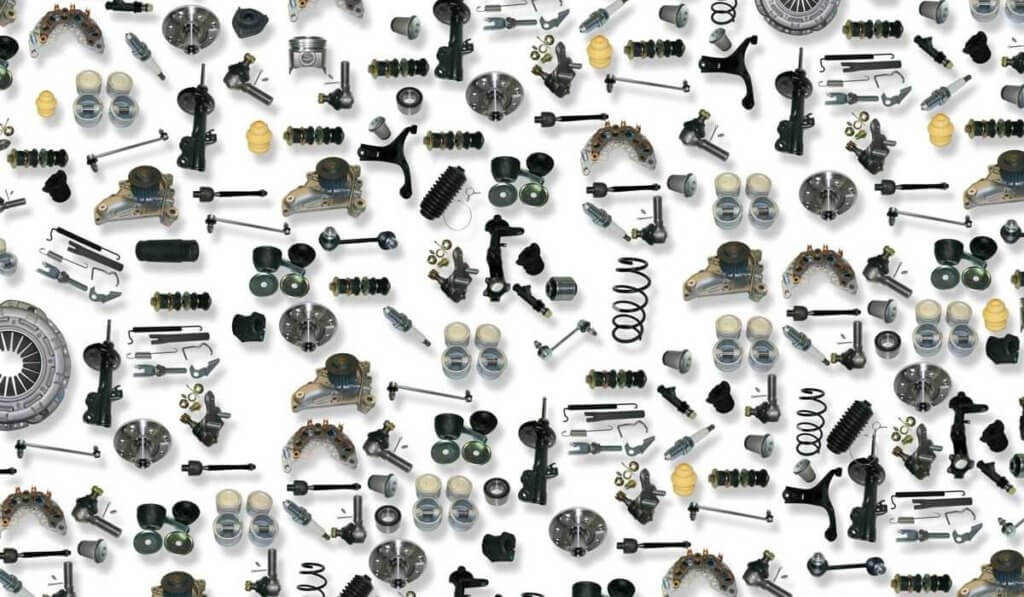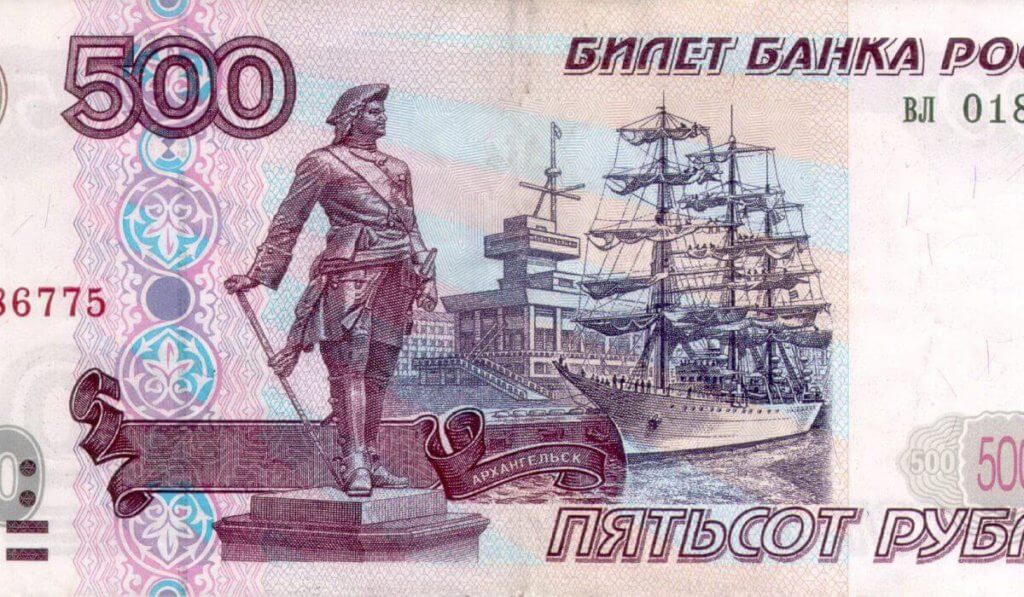
»The bottom line is that the tariff reductions aren’t relieving the trade situation with Russia. On the contrary, by increasing NTBs, Russia has fallen even further on the Doing Business Index issued by the World Bank.«
Andreas Gfrerer, CEO Condor, Salzburg
Imports into the Eurasian Economic Union will get cheaper, barriers remain.
While the renewed reduction in import duties fulfills Russia’s obligations as a WTO member state, access to the Russian market is further complicated by non-tariff measures.
The Eurasian Economic Union ( EEU ) will reduce tariff rates for 1,780 goods for import to Russia, Belarus, Kazakhstan , Armenia and Kyrgyzstan from 1 September 2016. This came after Russia had been accused by the WTO (World Trade Organization) of protecting its domestic economy by imposing high tariffs on imported goods. The path to mutual agreement was not an easy one. While membership is now in its fifth year, it had been preceded by 18 years of accession negotiations (!) during which time Russia was halted time and time again in order to further remove trade barriers, with the result that ” detour measures ” were taken. Such as in the case of a ‘scrapping fee’ for example, which for some time was levied exclusively on foreign vehicles, much to the displeasure of the WTO. Through its resolution on 16 May 2016 to further reduce tariffs, the Eurasian Economic Commission is further implementing the provisions of the WTO. Cuts will be made on import tariffs by an average of 1-2 % for 1,780 types of goods from a total of 12,000 that will include, for example, cosmetic products (perfume, Eau de Toilette), household appliances (freezers, microwaves), some types of fish (trout, salmon), candy, wine, certain car models, et al. It should be noted, however, that although trade barriers in terms of tariffs are being lowered, non-tariff barriers (NTBs) are being ushered in at the same time by Moscow in order to continue to protect the domestic market from imports. These measures range from the mandatory implementation of complex product certifications all the way to stepping up “risk profiling”, where more stringent customs controls are put in place, for example, for Turkish products or trucks drivers of certain nationalities . Accordingly, Russia’s rank on the World Bank’s “Doing Business” Index has fallen further to 170th place of 189, putting it behind countries like Pakistan, Ethiopia, Chad and Iran!
 English
English  Français
Français  Русский
Русский 


